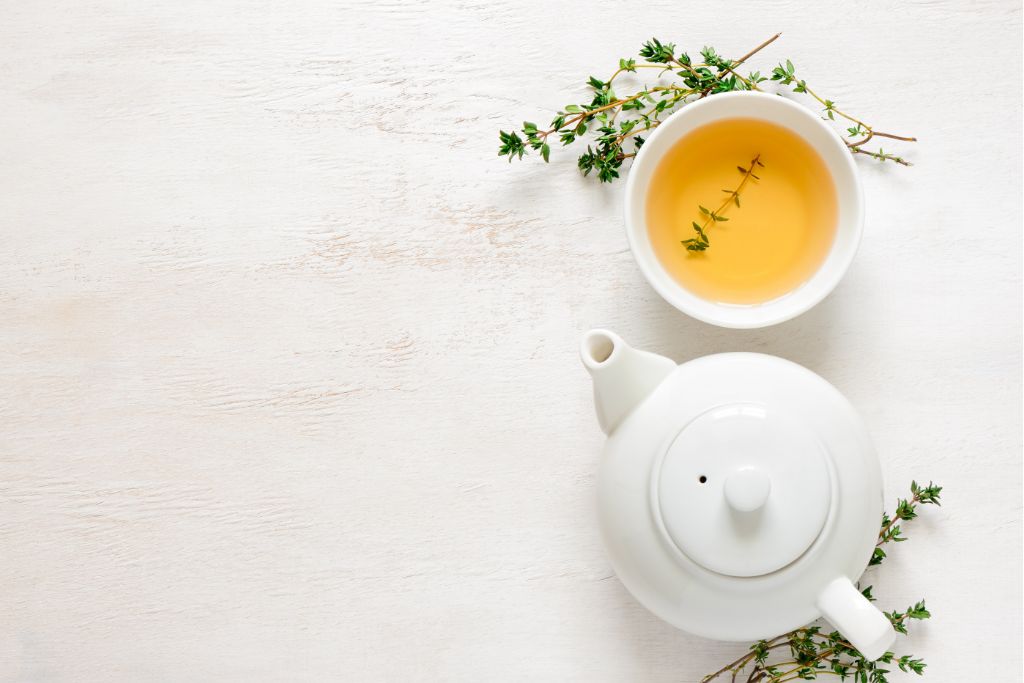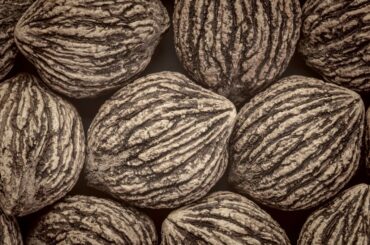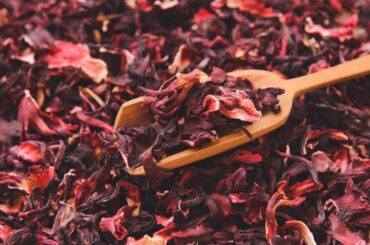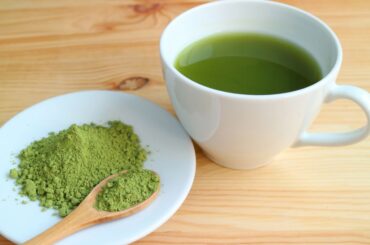Are you curious about how to make moringa tea? What makes this tea so unique? This article will guide you through creating a refreshing cup of moringa tea. We will provide some interesting insights about this remarkable drink.
Did you know that moringa oleifera, the plant from which moringa tea is made, is often called the “Tree of Life?” This tree has incredible nutritional value, including vitamins, minerals, and antioxidants.
Let’s dive into who should read this article and discover why moringa tea might be the perfect beverage for them.
Moringa tea enthusiasts, aspiring herbal tea makers, or those who enjoy exploring different tea flavors will find value in this recipe. Whether you want to boost your health or enjoy a delicious and soothing beverage, this moringa tea recipe will cater to your interests and taste buds. So, let’s get started!
What is Moringa Tea?
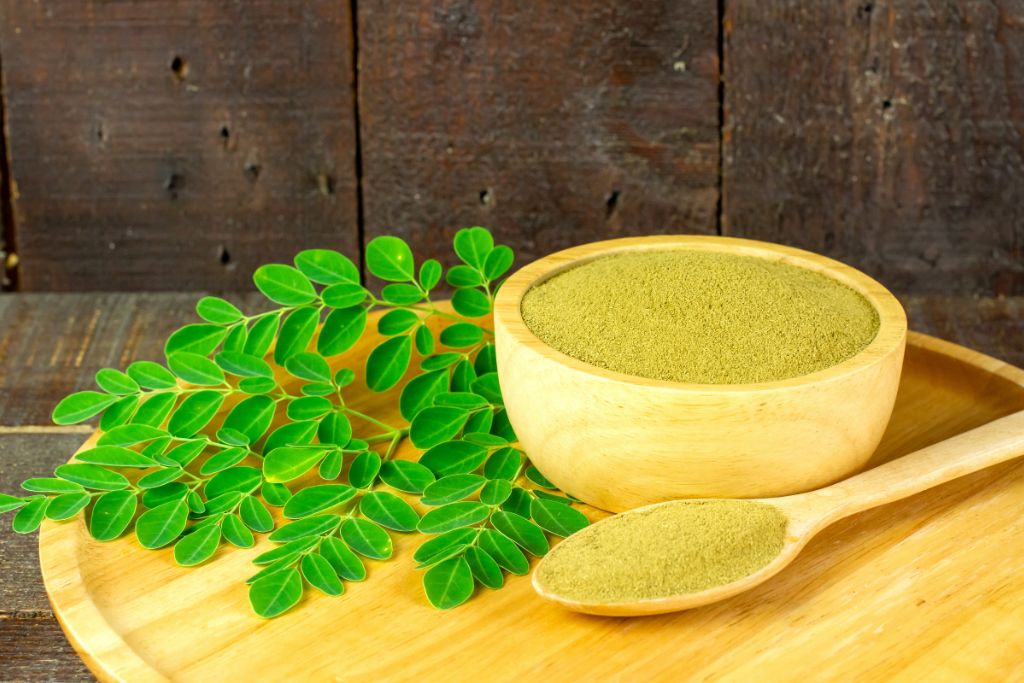
Moringa tea is a delightful beverage crafted from the leaves of the moringa oleifera tree, which hails from Asia and Africa. These are cultivated in countries like India, the Philippines, and Nigeria.
This tree is celebrated for its remarkable nutritional and medicinal properties. For centuries, its leaves have been cherished in traditional medicine.
Creating moringa tea is a simple process of steeping dried moringa leaves in hot water. These leaves undergo careful harvesting, drying, and crushing, giving rise to either loose-leaf tea or convenient tea bags.
When brewed, moringa tea unveils a pleasant, earthy flavor with a subtle bitterness, often likened to the gentle notes in green tea. This tea’s abundant treasure trove of vitamins, minerals, and antioxidants sets it apart.
This makes it a top choice for health-conscious individuals seeking a nourishing and flavorful drink.
What Part of Moringa is Used for Tea?
The main ingredient used in creating moringa tea is the moringa tea leaves. These leaves are harvested from the moringa tree and dried before tea. The leaves are known for their high nutritional content.
It includes vitamins, minerals, and antioxidants infused into the tea when steeped in hot water. You can enjoy this remarkable beverage’s full benefits and flavors using these nutrient-rich moringa tea leaves.
What Does Moringa Tea Taste Like?
Moringa tea has a unique and pleasant taste profile. It is often described as having an earthy and mildly grassy flavor, similar to green tea but with its distinct character. Some people also note a slight bitterness in the taste, reminiscent of other herbal teas.
The refreshing and soothing flavor makes it an enjoyable beverage to sip on. If you appreciate the taste of green tea or herbal infusions, moringa tea is a delightful and flavorful choice.
What is Moringa Tea Good for?
Moringa tea is known for its many health benefits. It is packed with essential nutrients. It includes vitamins, minerals, and antioxidants, which can support well-being. Drinking moringa tea may help boost the immune system, promote healthy digestion, and provide a natural energy boost.
Additionally, its antioxidant properties can help combat oxidative stress and inflammation. Moringa tea is also believed to support healthy blood sugar levels and aid in weight management. Moringa tea is famous for those seeking a natural and nutritious addition to their wellness routine.
Best Time to Drink Moringa Tea
The best time to drink Moringa tea depends on personal preference and health goals. Its natural energy boost makes it popular in the morning. It gives you a boost without caffeine or the jitters. For some, it’s a good afternoon drink. Moringa tea’s best time depends on your schedule and goals.
Moringa Tea Ingredients
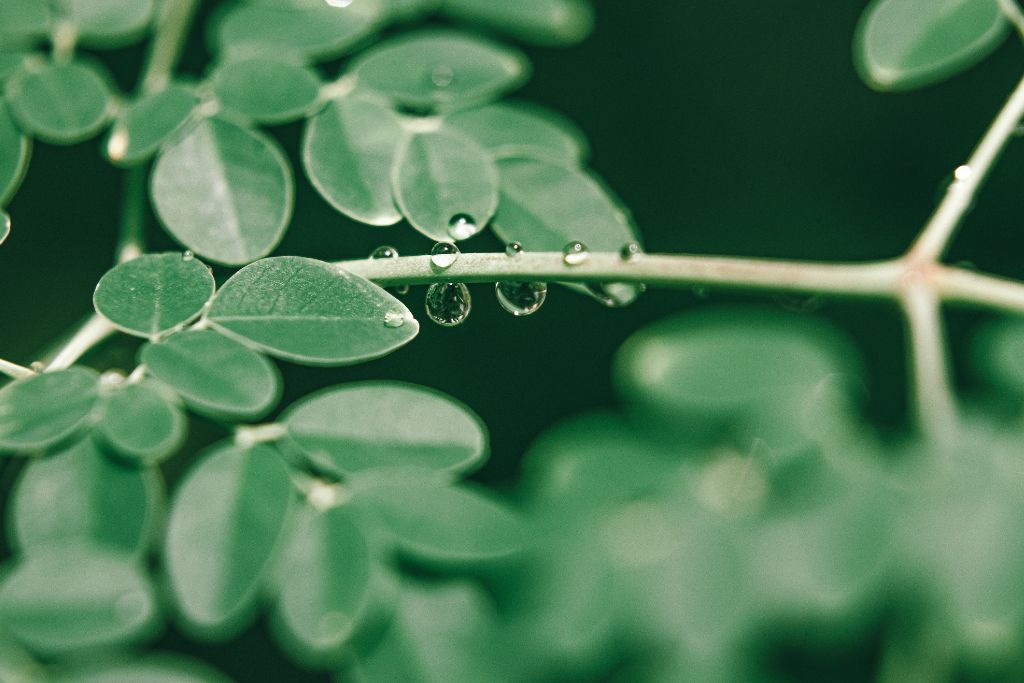
Moringa tea is made with simple ingredients that create a delightful beverage. Before we dive into the detailed guide, let’s look at the primary element that forms the foundation of moringa tea: fresh moringa leaves.
These leaves are the critical component of the tea, imparting their unique flavor and nutritional properties. With the moringa leaves, consider adding optional ingredients.
- Fresh Moringa Leaves: These are the star ingredient and the foundation of moringa tea. Harvest fresh moringa leaves from the tree or get dried ones if fresh ones are unavailable.
- Water: This is the primary liquid component for brewing tea. Use filtered or boiled water for the best results.
- Sweeteners: You may add natural sweeteners, such as honey, sugar, or stevia, to enhance the taste if desired.
- Optional Herbs or Spices: Feel free to experiment with herbs or spices, like ginger, lemon, mint, or cinnamon, to add flavor and aromatic notes to your moringa tea. (Note: Ensure your chosen ingredients are fresh, clean, and suitable for consumption.)
How to Prepare Moringa Tea
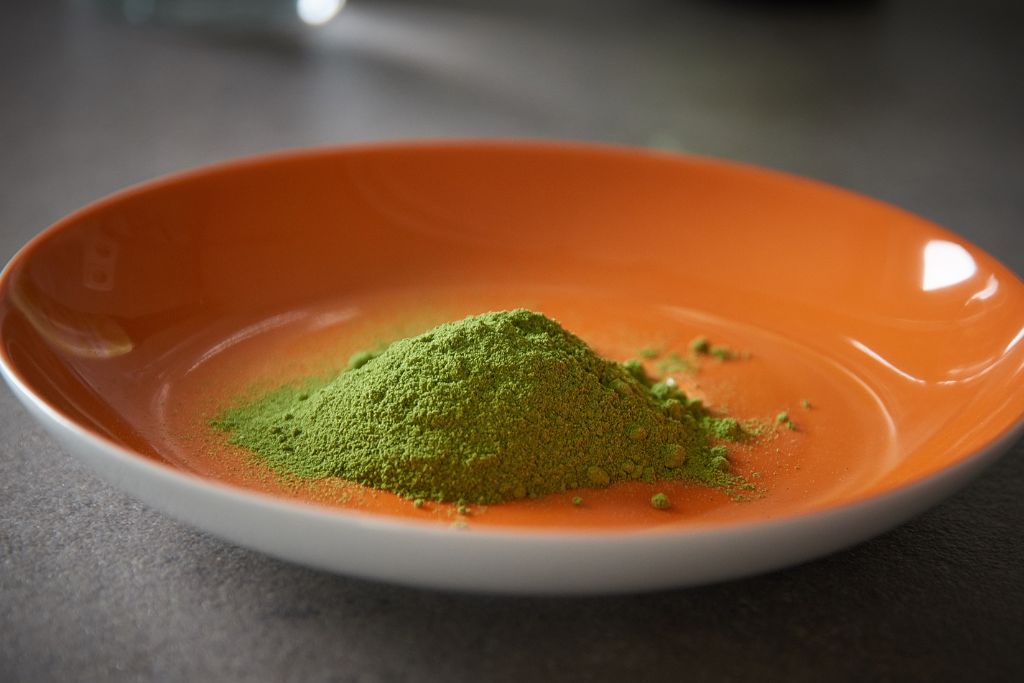
Remember, depending on your taste preferences, you can adjust the ingredient quantities and steeping time. Feel free to experiment and personalize your moringa tea recipe to suit your liking. Enjoy the goodness of moringa in every sip!
- Gather the ingredients: Collect fresh moringa leaves, water, and any optional ingredients you wish to add. It could be sweeteners or herbs.
- Wash the Moringa Leaves: Rinse the moringa leaves thoroughly under cool water to remove dirt or impurities. If using dried moringa leaves, skip this step.
- Boil the Water:
- Add Moringa Leaves to the Water: Once the water has boiled, carefully add the washed moringa leaves to the pot. Use approximately one tablespoon of fresh moringa per cup of water.
- Steep the Tea: Reduce the heat and let the moringa leaves steep in the hot water for about 5 minutes. This allows the flavors and nutrients to infuse into the tea.
- Strain the Tea: Using a fine mesh strainer or tea infuser, strain the moringa leaves from the tea. This will ensure a smooth and leaf-free beverage.
- Add Sweeteners or Herbs: Add sweeteners, like honey or sugar, and herbs or spices, like ginger or lemon, to enhance the taste. Stir well to dissolve the sweetener.
- Serve and Enjoy: Pour the freshly brewed moringa tea into cups or mugs and savor the nourishing flavors. Enjoy it hot, let it cool, or serve it over ice for a refreshing iced tea variation.
Tips for Making Moringa Tea
Even though moringa tea is easy to make, there are a few things you can do to get the best results. This is the best way to make it taste good and be healthy.
If you can’t find fresh moringa leaves, choose good ones that have been dried. You can make your homemade moringa tea taste better and be more fun to drink by doing these things.
Properly Measure the Moringa Leaves
Use the appropriate ratio of moringa to water for the desired strength of your tea. Start with approximately one tablespoon of fresh moringa leaves per cup of water. You must adjust according to your taste preferences.
Steep with Care
While steeping the moringa leaves in hot water, be mindful of the time to avoid over-extraction or a bitter taste. Soaking for about 5 minutes is enough to extract the flavors and nutrients without overpowering the tea.
Experiment with Flavors
Moringa tea pairs well with various herbs and spices. Feel free to squeeze lemon juice, ginger, or mint to infuse extra flavors and create a more personalized taste experience.
Control the Water Temperature
Avoid using boiling water directly on the moringa leaves to ensure a well-balanced flavor. Let the water cool for a few minutes after cooking before adding the leaves, as boiling water may taste slightly bitter.
Store Moringa Leaves Properly
If you have more leaves, store them in a container away from direct sunlight. This is to maintain their freshness and preserve their nutrients for future use.
Moringa Tea Nutritional Facts
Before we delve into the nutritional facts of moringa tea, it’s important to note that these estimates are based on typical serving sizes. It may vary depending on the specific preparation and ingredients used.
Here is a rough estimation of the nutritional composition of moringa tea:
- Calories: 5-10 calories
- Carbohydrates: >1 gram
- Protein: 0.5-1 gram
- Fat: 0
- Saturated Fat: 0
- Cholesterol: 0
- Sodium: Low
- Potassium: 20-50 milligrams
- Sugar: 0
Disclaimer: These nutritional facts are estimations and can vary based on factors. It could be the specific brand of moringa leaves, preparation methods, and other ingredients used. It’s also important to note that adding other sweeteners or using high-fat milk can increase the calorie and sugar content of the drink.
7 Benefits of Moringa Tea
Before we delve into the list of benefits, it’s essential to know that moringa tea is packed with essential nutrients and antioxidants. These can support all well-being.
Now, let’s explore seven excellent benefits of moringa tea:
- Rich in Nutrients: Moringa tea contains nutritional vitamins A, C, and E and essential minerals like calcium, iron, and potassium. It provides a convenient way to boost your daily intake of these vital nutrients.
- Immune System Support: The abundance of antioxidants in moringa tea can strengthen your immune system, helping your body ward off infections and illnesses more effectively.
- Natural Energy Boost: Moringa tea contains natural compounds. It can provide a gentle energy lift without the crash associated with caffeine. It’s a perfect choice for a revitalizing pick-me-up.
- Digestive Aid: This tea has been traditionally used to support healthy digestion. It can soothe upset stomachs and aid in proper digestion and nutrient absorption.
- Anti-Inflammatory Properties: Moringa tea’s anti-inflammatory effects may help reduce inflammation. It can also reduce discomfort associated with inflammatory conditions.
- Blood Sugar Regulation: Preliminary studies suggest that moringa tea may support healthy blood sugar levels, potentially benefiting individuals with diabetes or those at risk.
- Antioxidant Protection: The antioxidants in moringa tea can help neutralize harmful free radicals in the body, protecting cells from damage and promoting overall health.
FAQs
Is it Safe to Drink Moringa Tea Every Day?
Yes, in moderation, it is generally safe to drink moringa tea every day. Moringa tea is rich in nutrients and antioxidants, which can provide various health benefits. But excessive consumption may lead to minor gastrointestinal discomfort.
Can I Boil and Consume Moringa Leaves?
Yes, you can boil moringa leaves to make moringa tea. Boiling the leaves helps release their nutrients and flavors into the water. It creates a nourishing and flavorful beverage.
What’s Moringa Tea Suitable for?
Moringa tea is suitable for anyone looking to enhance their nutritional intake and enjoy refreshing herbal tea. It’s perfect for health-conscious individuals and tea enthusiasts.
Does Moringa Tea Have Side Effects?
Yes. Most people can drink moringa tea safely if they don’t drink too much of it, but some people may have minor digestive problems, like diarrhea or a stomachache, especially if they eat it.
Can I Take Moringa Tea on an Empty Stomach?
Yes, you can drink moringa tea on an empty stomach. Consuming moringa tea in the morning can be a great way to start your day with its natural energy-boosting properties. However, if you experience discomfort or sensitivity, it’s best to have it with a light meal or after eating.

